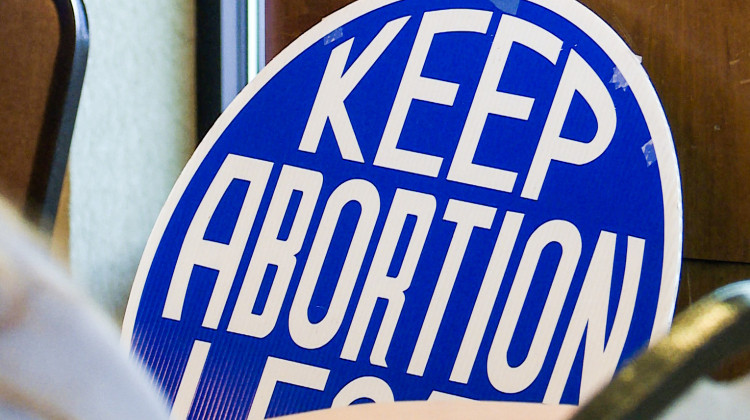
Hoosiers on Indiana’s Medicaid expansion program, HIP 2.0, will now have access to some benefits while they transition to insurance from a new employer.
Lauren Chapman/IPB NewsHoosiers on Indiana’s Medicaid expansion program, HIP 2.0, will now have access to some benefits while they transition to insurance from a new employer.
Approval from the federal government makes the state’s Workforce Bridge program possible.
The new program will allow HIP participants to use up to $1,000 from their health savings – or POWER – accounts for up to one year after they get a new job that comes with health insurance.
Family and Social Services Administration Secretary Jennifer Sullivan says the bridge program helps ensure people have access to health care during the transition to employment, when new benefits often take time to kick in.
“Now more than ever, it is critical that we provide stability and peace of mind for Hoosiers, especially when it comes to matters of their health,” Sullivan says.
No one is losing their coverage through HIP 2.0 during the state’s public health emergency. When that expires – which won’t be until at least July – the workforce bridge program will be immediately available.
Contact reporter Brandon at bsmith@ipbs.org or follow him on Twitter at @brandonjsmith5.
 DONATE
DONATE








 Support WFYI. We can't do it without you.
Support WFYI. We can't do it without you.